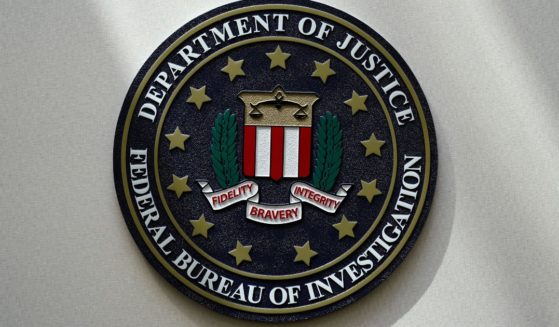Cellphone jamming tested at South Carolina state prison
COLUMBIA, S.C. (AP) — Federal officials this week oversaw the test at a South Carolina prison of a cellphone signal jamming technology that some hope will help combat the threat posed by inmates with smuggled cellphones, officials told The Associated Press.
The test took place over the course of five days in a housing unit at Broad River Correctional Institution, a maximum-security prison in Columbia, South Carolina, according to Department of Justice officials. Assistant Attorney General Beth Williams told AP it’s the first time federal officials have collaborated with officials at a state prison for such a test.
Officials did not release the results of the test, which will be included in a later report to be done by the National Telecommunications and Information Administration.
The test marks progress on the state-level quest to stamp out contraband cellphone use, which officials have long said represents the top security threat within their institutions. Micro-jamming technology was tested last year at a federal prison – where officials said they were able to shut down phone signals inside a prison cell, while devices about 20 feet (6 meters) away worked normally – but a decades-old law says state or local agencies don’t have the authority to jam the public airwaves.
South Carolina Corrections Director Bryan Stirling, who for years has spoken out on the dangers posed by the devices smuggled into institutions by the thousands, told AP he was recently deputized as a special deputy U.S. Marshal, thus giving him the federal status needed to conduct the jamming test.
“I’m very encouraged by what we witnessed at Broad River this week,” Stirling told AP on Friday, adding that he’s optimistic about federal legislation, introduced last month, that would give state prison officials the ability to jam signals.
In 2008, South Carolina officials received a waiver from the Federal Communications Commission to conduct a jamming test at a different maximum-security prison, in a demonstration for media and other officials but not in a prison dorm.
Stirling and other state prison directors use other measures – like perimeter netting, monitoring by drone, and scanners – to detect cellphones but advocate a jamming technology that would shut down all signals as the best possible defense.
In 2017, Stirling testified at a FCC hearing in Washington alongside Robert Johnson, a former South Carolina corrections officer nearly killed in 2010 in a hit orchestrated by an inmate using an illegal phone.
Also that year, an inmate escaped from a maximum-security prison in South Carolina, thanks in part to a smuggled cellphone. In 2018, seven inmates at a maximum-security South Carolina prison were killed in what officials have said was a gang fight over territory and contraband including cellphones.
The FCC has shown willingness to work on the issue, holding a field hearing in South Carolina and hosting meetings with members of Congress, prisons officials and stakeholders from the wireless industry.
On Friday, Williams said officials are working to ensure prisons have technological options to help them combat the smuggled devices.
“It is very difficult to make sure that no contraband gets in,” Williams told AP. “We try as hard as we can, but it’s really hard to stop everything.”
___
Meg Kinnard can be reached at http://twitter.com/MegKinnardAP
The Western Journal has not reviewed this Associated Press story prior to publication. Therefore, it may contain editorial bias or may in some other way not meet our normal editorial standards. It is provided to our readers as a service from The Western Journal.
Truth and Accuracy
We are committed to truth and accuracy in all of our journalism. Read our editorial standards.












